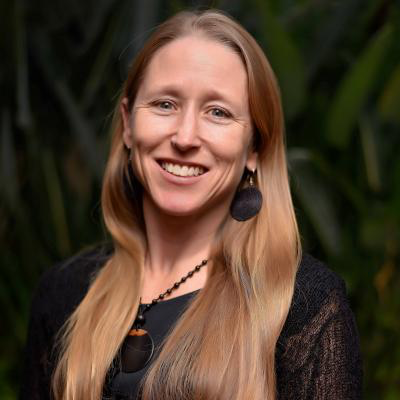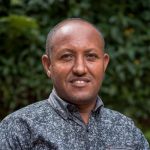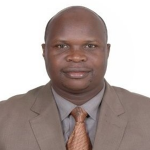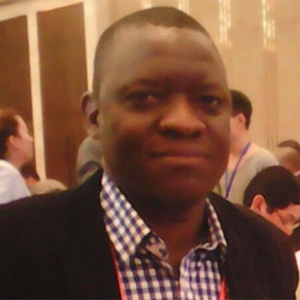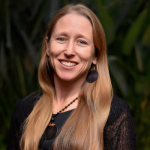
Land health and soil organic carbon for climate
Land provides the principal basis for human livelihoods and well-being including the supply of food, freshwater, and multiple other ecosystem services, as well as biodiversity. Land is both a source and a sink of greenhouse gas emissions and plays a key role in the exchange of energy, water and aerosols between the land surface and atmosphere. Agriculture, Forestry and Other Land Use (AFOLU) activities accounted for around 23% of the total net anthropogenic emissions of greenhouse gas emissions1. Maintaining and increasing soil organic carbon is one of the land-based adaptation and mitigation response option which is applicable across a broad range of land use types.
Appropriate design of policies, institutions and governance systems at all scales can contribute to land-related adaptation and mitigation while facilitating the pursuit of climate-adaptive development pathways2. Mutually supportive, climate and land policies have the potential to save resources, amplify social resilience, support ecological restoration, and foster engagement and collaboration between multiple stakeholders.
The Accelerating Impacts of CGIAR Climate Research in Africa (AICCRA) project undertook a review of existing evidence on the integration of soil organic carbon into the the Nationally Determined Contributions including key engagement interviews with national focal points across Ethiopia, Zambia, Mali, Ghana, Senegal and Kenya. This roundtable will highlight key insights from across these engagements.
AICCRA will facilitate a dialogue based on a unique engagement process led by CIFOR-ICRAF across six countries in Africa. Through engagement interviews with policy experts involved in the development of the Nationally Determined Contributions the roundtable will reflect on the inclusion of Soil Organic Carbon and make clear recommendations from the panel discussion.
1,2 https://www.ipcc.ch/srccl/
Simultaneous translation in French and English will be available.
Registration Flyer (English) Flyer (France)













